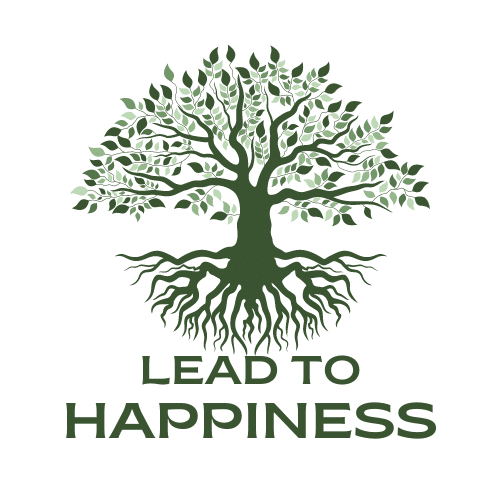In a world where traditional relationships and marriage are often seen as the ultimate goal, Antoine Cheval, a French man, has taken an unconventional and bold step—he married himself. After enduring multiple failed relationships and countless rejections to proposals, Antoine, who identifies as a “sologamist,” decided to enter into a committed relationship with the most important person in his life: himself.
Who is Antoine Cheval?

Antoine Cheval is a French man who, after years of personal struggles and heartache, took a leap of self-love by marrying himself. His decision to practice sologamy—autogamy, as it’s sometimes called—came after enduring a string of failed relationships and numerous unreciprocated marriage proposals. Feeling rejected by others, he chose to make a powerful statement about self-worth and love by marrying himself in a ceremony that mirrored the typical rituals of a traditional wedding, complete with vows, a reception, and even guests.
But Antoine’s story is just one of many in a growing movement of people who choose self-marriage, which, in a sense, is an act of affirming one’s own value and dedication to living a fulfilled, independent life. In his case, he believes that marrying oneself is not just a personal act, but also a way to challenge societal norms about love and relationships.
What is Sologamy?
Sologamy, or self-marriage, is the act of marrying oneself—something that may seem strange to many, but is becoming more widely recognized, particularly among people who seek to embrace independence, self-love, and personal growth. Unlike traditional marriage, which is legally binding, sologamy is more of a symbolic gesture, meant to show commitment to one’s own happiness, self-care, and emotional well-being.

Critics of sologamy argue that it lacks the legal recognition of a traditional marriage, and therefore doesn’t come with the same social or legal benefits. However, supporters of the practice believe that it serves as a powerful affirmation of one’s own value. They argue that by marrying oneself, individuals are reinforcing their worth, breaking free from the need for validation from others, and finding happiness on their own terms.
Self-Marriage Celebrations
A self-marriage ceremony can closely resemble that of a traditional wedding, including vows, guests, a cake, and a reception. In some cases, people who choose sologamy also engage in counseling or preparatory programs to ensure they are ready for the emotional commitment involved. Self-marriage allows individuals to reflect on their past relationships, learn to love themselves, and move forward with greater confidence.
While the phenomenon is often associated with affluent women in the 21st century, it is by no means limited to one gender or social class. In fact, the practice has become more widely known through the stories of men and women from all walks of life who have decided to prioritize themselves over conventional romantic commitments.
Notable Examples of Sologamy

Antoine Cheval is not alone in his decision to marry himself. In fact, sologamy has become an increasingly popular trend worldwide. In 2014, British photographer Sophie Tanner made headlines when she married herself in a ceremony attended by close friends and family. She was quoted as saying she wanted to celebrate herself as a woman, independently of her relationships with others.
In 2017, an Italian fitness trainer named Laura M also made waves with her self-marriage. Laura, who had gone through a divorce and experienced dissatisfaction with her original wedding, decided to marry herself as an act of self-reclamation and empowerment.
One of the most widely covered cases of sologamy in recent years took place in 2022 in India. Kshama Bindu, a woman from Gujarat, married herself in a traditional Hindu ceremony, complete with rituals, customs, and cultural practices. Bindu identified as bisexual and explained that her reason for marrying herself was that she always wanted to experience the joy of being a bride, but didn’t feel the need to be a wife to someone else. Her self-marriage was hailed as India’s first instance of sologamy, making headlines for its bold challenge to societal norms.
Self-Love and Personal Empowerment
The growing trend of sologamy invites us to reconsider the conventional ideas of love and relationships. At its core, it emphasizes the importance of self-acceptance, emotional independence, and the ability to nurture one’s own happiness without relying on external validation. While it may not be for everyone, those who choose to marry themselves are making a statement about the power of self-love and the value of personal fulfillment.
Antoine Cheval and others who have embraced sologamy show us that love doesn’t always have to come from a partner—it can also come from within. Their stories highlight the importance of cultivating a deep connection with oneself, reinforcing the idea that before we can fully love others, we must first learn to love ourselves.
So, whether or not you agree with the concept of marrying oneself, there’s a valuable lesson here: embracing self-love is not just a trend, but a practice that can lead to greater happiness, self-empowerment, and emotional fulfillment.
“To Antoine Cheval, and to anyone who dares to choose themselves first—may you continue to inspire others to embrace their own worth, love who they are, and live their truth.”



